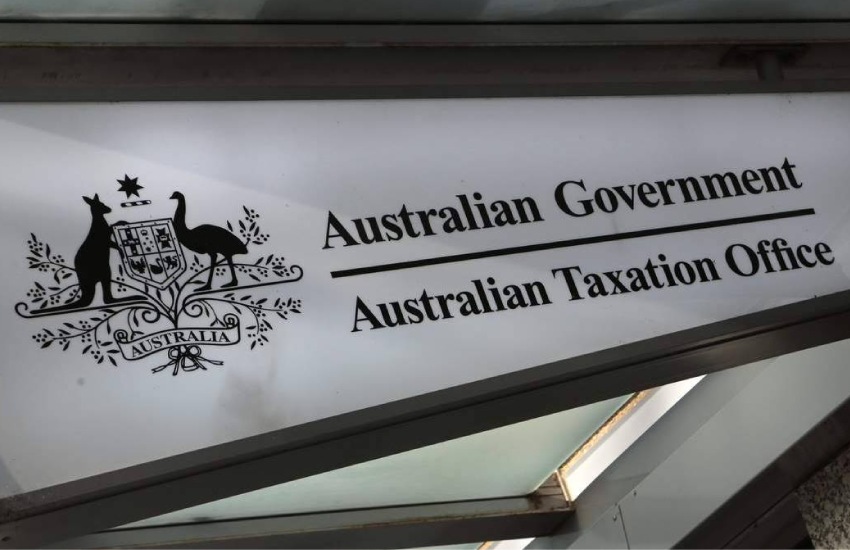ATO flags common errors with contribution deductions
With greater numbers of clients now eligible to claim deductions for personal superannuation contributions, the ATO has identified some common errors that practitioners and their clients should avoid.
For many super members, the 2017–18 financial year was the first opportunity they had to claim a deduction for personal super contributions, with the strategy previously only available to the self-employed.
Prior to 1 July 2017, the 10 per cent test applied, which meant that individuals were only eligible to claim a tax deduction for personal super contributions if less than 10 per cent of their income was earned from employment.
In an online update, the ATO said that the removal of the 10 per cent maximum earnings condition means that more clients may now be eligible to claim a personal super contribution deduction, but warned there are some common errors to watch out for.
Before lodging the client’s 2018 tax return, the ATO said that practitioners should check that their client is eligible to claim and that they made personal (after tax) super contributions directly to their super fund before 30 June 2018.
In order to be eligible for deductions on contributions made on or after 1 July, the contributions cannot have been made to a Commonwealth public sector superannuation scheme in which the client has a defined benefit interest, a constitutionally protected fund, or a super fund that notified the ATO before the start of the income year that it had elected to treat all member contributions as non-deductible.
The client also needs to meet the age restrictions. Clients aged between 65 and 74 may be eligible to use this strategy if they meet the work test.
Practitioners also need to ensure that their client has sent a notice of intent to claim or vary a deduction for personal super contributions to their super fund and has received an acknowledgement.
It also noted that members can only claim deductions for their after-tax personal super contributions and not from before-tax income such as the superannuation guarantee, salary sacrifice or reportable employer super contributions shown on their payment summary.

Miranda Brownlee
Miranda Brownlee is the deputy editor of SMSF Adviser, which is the leading source of news, strategy and educational content for professionals working in the SMSF sector.
Since joining the team in 2014, Miranda has been responsible for breaking some of the biggest superannuation stories in Australia, and has reported extensively on technical strategy and legislative updates.
Miranda also has broad business and financial services reporting experience, having written for titles including Investor Daily, ifa and Accountants Daily.








